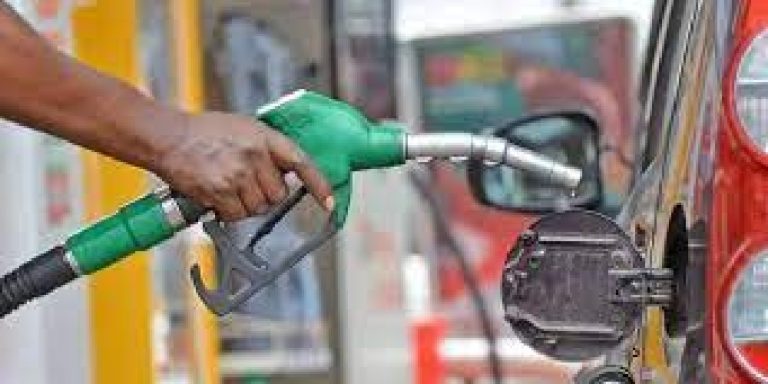
Nigerians are grappling with a sharp rise in petrol prices as MRS Filling Station adjusts its pump price to ₦930 per litre in Lagos and ₦960 per litre in northern Nigeria. The increase, which took effect on March 28, 2025, follows the recent suspension of naira-denominated petroleum sales by the Dangote refinery.
Major Price Hike Across Regions
This adjustment marks a ₦70 increase from the previous ₦860 per litre in Lagos and ₦870 per litre in other South-West states. Northern regions that previously paid ₦880 per litre now face an ₦80 hike.
The surge in fuel prices at MRS stations is expected to create a ripple effect. NIPCO, a major industry player, has already matched MRS’s pricing, selling petrol at ₦930 per litre in Magboro, Ogun State.
“This price increase is inevitable given the current supply challenges,” said Adebayo Akinlaja, a fuel marketer in Lagos. “We are simply adjusting to the new realities in crude supply and refining costs.”
Breakdown of New Petrol Prices
According to MRS Oil & Gas, the updated fuel prices vary by region:
- Lagos: ₦930 per litre (Lowest price nationwide)
- South-West & Kwara: ₦940 per litre
- South-South & South-East: ₦960 per litre (Including Edo, Abia, Akwa Ibom, Bayelsa, Rivers, Cross River, and Enugu)
- Northern Nigeria:
- Abuja, Kaduna, Benue, Kogi, Niger, Sokoto, Kebbi, and Nasarawa: ₦950 per litre
- Zamfara, Kano, Jos, Bauchi, Taraba, Adamawa, Borno, Katsina, Jigawa, Gombe, and Yobe: ₦960 per litre
Factors Behind the Price Surge
Industry experts attribute the hike to the suspension of the naira-for-crude agreement between the Dangote refinery and the Nigerian National Petroleum Corporation Limited (NNPCL). This agreement was disrupted due to a misalignment between crude allocations to foreign creditors and actual sales revenue.
“With a large portion of Nigeria’s crude oil allocated to foreign lenders to settle loans, the Dangote refinery has struggled to maintain its naira-based fuel supply,” explained Dr. Hassan Sule, an oil and gas analyst. “As a result, private depot operators have raised their prices, further straining consumers.”
Economic Impact and Future Outlook
The fuel price hike is expected to increase transportation costs, leading to higher prices for goods and services. Many Nigerians fear this will further worsen the rising cost of living amid growing inflation concerns.
“We are already struggling with high food prices and transportation costs,” lamented Maryam Garba, a trader in Kano. “This new price hike will make life even harder for small businesses like mine.”
However, experts suggest that fuel prices could stabilize once the Dangote refinery secures crude oil allocations from the NNPCL and resumes selling in naira. Until then, millions of Nigerians must brace for higher fuel costs and the economic strain that follows.



